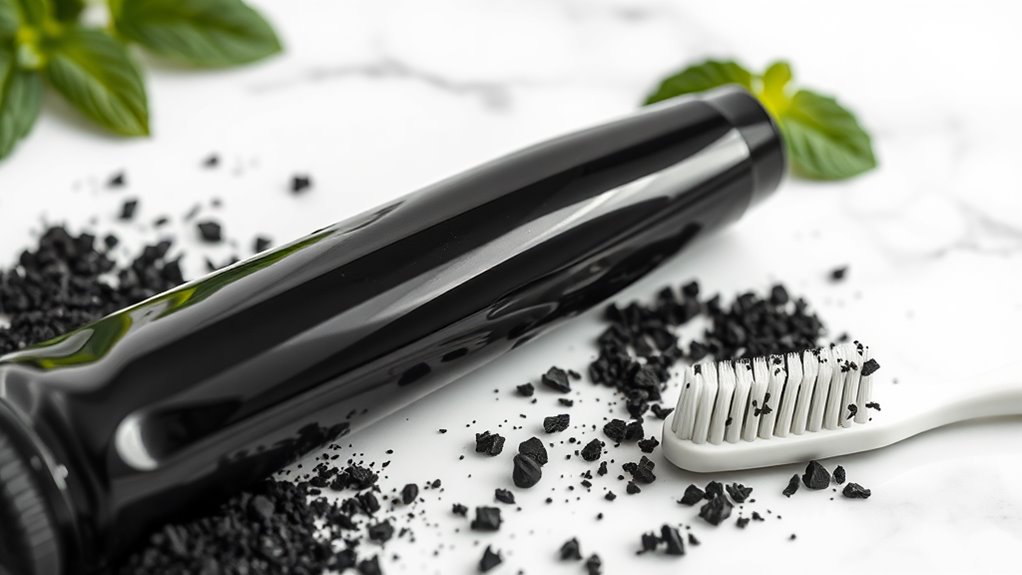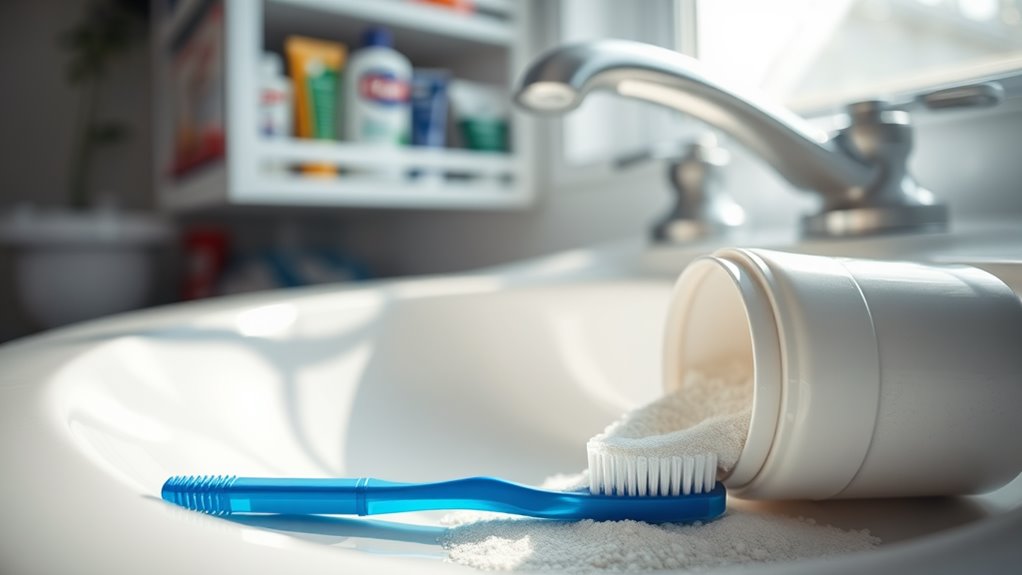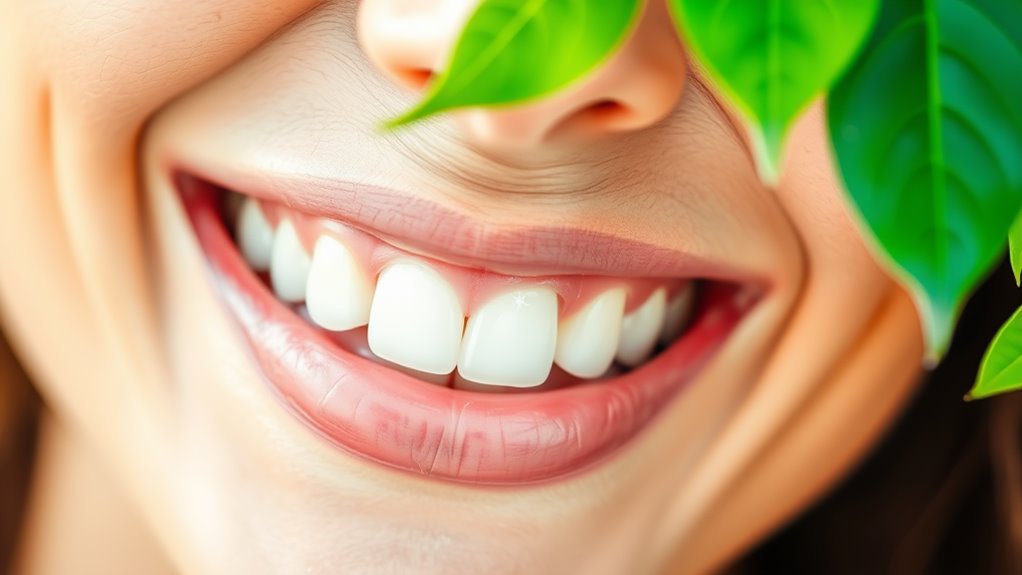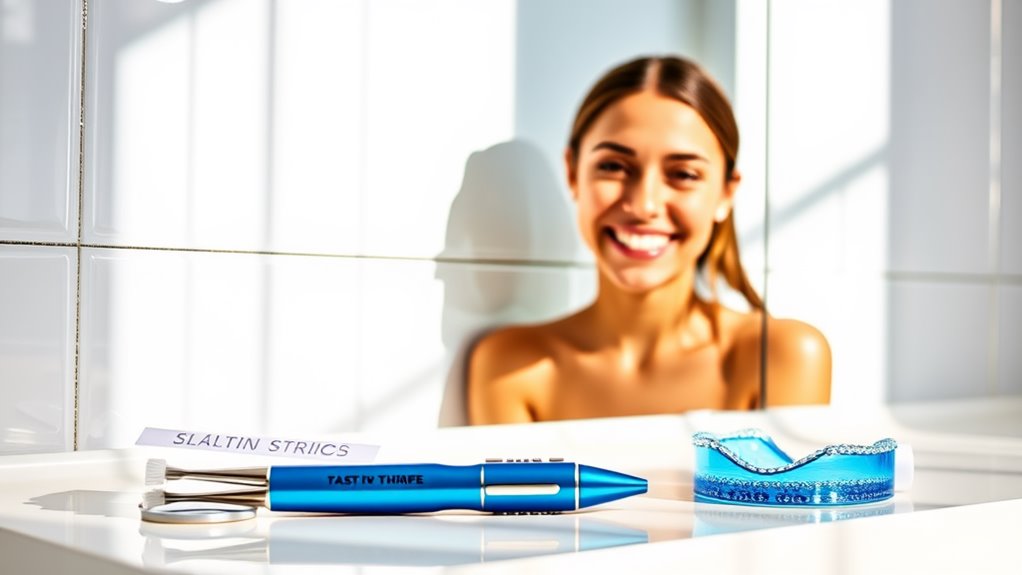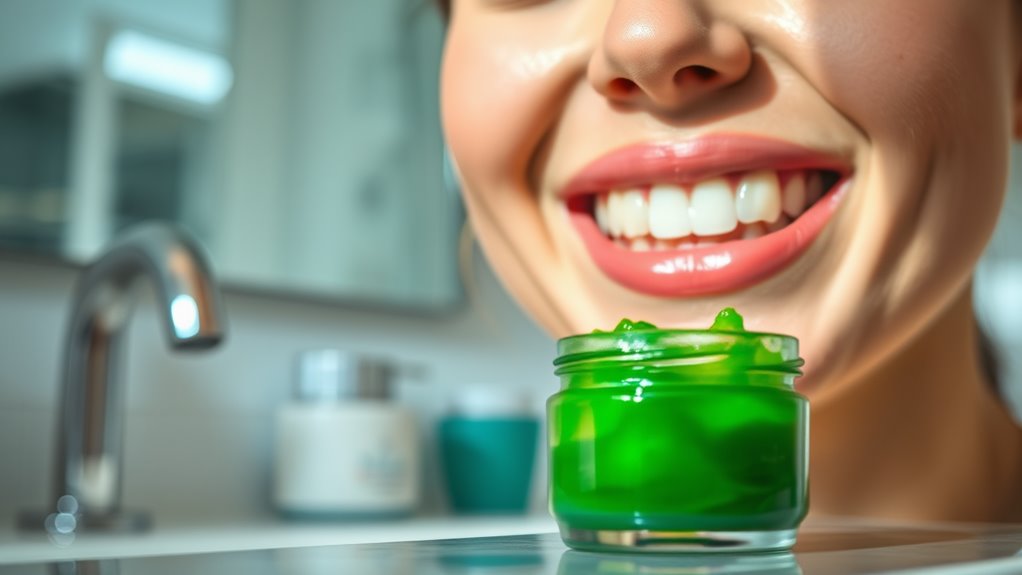Are Charcoal Toothpastes Worth the Hype. I Tested It for a Week
Charcoal toothpastes claim to whiten teeth and detoxify your mouth, but their hype might be misleading. After a week of testing, you may notice improved freshness and some mild whitening effects. However, increased tooth sensitivity and potential enamel erosion raised concerns. The gritty texture can be abrasive, and gum irritation can occur. While some benefits are evident, it’s essential to consider the risks involved. There’s more to explore about the long-term implications of using these products.
The Appeal of Charcoal Toothpaste
Although numerous dental products claim to provide superior whitening and cleaning, charcoal toothpaste has gained significant attention in recent years.
Its appeal lies in the belief that activated charcoal can absorb toxins and whiten teeth effectively. Many users are drawn to its natural ingredients and unique texture.
However, scientific evidence regarding its long-term effectiveness and safety on enamel remains limited, requiring careful consideration.
My One-Week Testing Methodology
To evaluate the effectiveness of charcoal toothpaste, I conducted a one-week testing methodology that involved daily use and careful observation.
Each morning and night, I brushed my teeth with the charcoal toothpaste, maintaining my usual oral hygiene routine.
I also kept notes on any changes in tooth color, texture, or sensitivity, ensuring a systematic approach to assess its potential benefits and drawbacks accurately.
Observations: Day-by-Day Progress
Throughout the week of testing, distinct changes emerged each day.
On day one, you noticed a slightly gritty texture.
By day three, your mouth felt fresher, but you observed increased sensitivity when brushing.
Day five brought a mild discoloration of your toothbrush, suggesting possible abrasion.
By day seven, your teeth appeared slightly less stained, yet the overall effects remained ambiguous.
Interestingly, the adsorption properties of activated charcoal seemed to play a role in improving stain appearance, though the benefits remained unclear.
Data collection continued systematically.
Benefits Noticed During the Trial
As you continued testing the charcoal toothpaste, several noteworthy benefits emerged.
You might’ve noticed enhanced freshness, likely due to the adsorbent properties of charcoal, which can help eliminate odors.
Some users report slightly whiter teeth, attributed to the mild abrasiveness that polishes enamel.
Additionally, you may have experienced a cleaner mouthfeel, as the toothpaste effectively removes plaque and residue. However, it’s essential to remember that excessive use of charcoal toothpaste can damage tooth enamel.
Side Effects and Drawbacks Experienced
While charcoal toothpaste can offer some benefits, you’ll want to be aware of potential side effects and drawbacks. Some users report increased tooth sensitivity, particularly after prolonged use. Others experience gum irritation or discoloration. Additionally, the abrasive nature of charcoal can wear down enamel over time, which could lead to greater dental issues down the line. Always consult your dentist before making changes to your oral care routine, as enamel erosion can significantly increase tooth sensitivity and vulnerability to decay.
Final Thoughts on Charcoal Toothpaste
Although charcoal toothpaste has gained popularity for its purported whitening effects, it’s essential to weigh the benefits against the potential risks. Research shows limited evidence supporting its efficacy, along with possible enamel wear. If you choose to use it, monitor your oral health and consult a dentist if uncertain. Additionally, overuse of whitening agents can lead to enamel thinning, which further compounds the issue. Ultimately, traditional toothpaste remains a reliable, proven option for maintaining a healthy smile.
